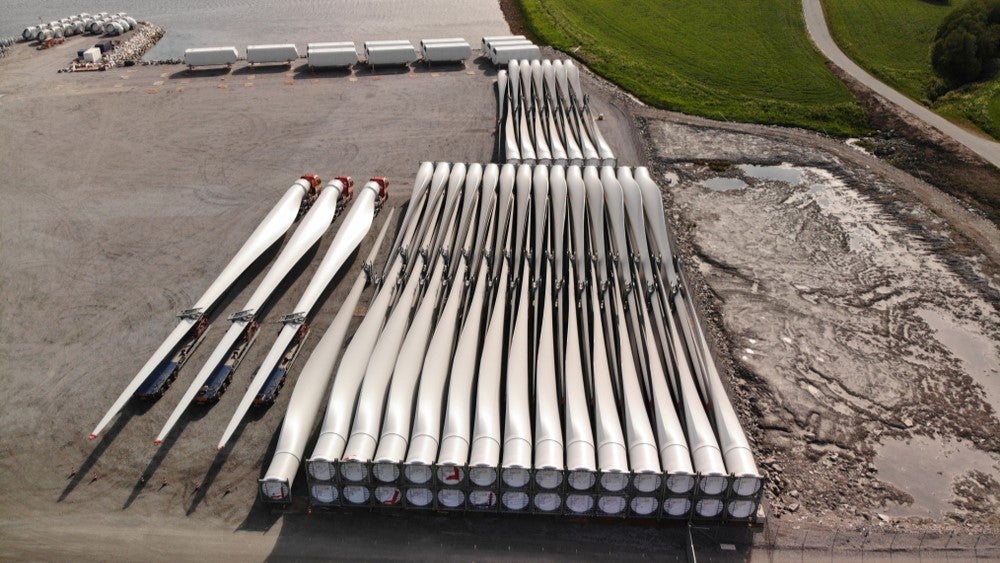A new report from the shareholder advocacy group ShareAction underscores the failure of the insurance industry to take climate change seriously, revealing that less than half (45%) of the 65 world’s largest insurers have set any kind of net-zero target for their underwriting activities. Just one-in-four insurers (26%) have set a net-zero target for 2050 or sooner that is aligned with 1.5°C for underwriting activities, according to ShareAction’s assessment.
Insurers' influence over the fossil fuel industry cannot be understated: as noted in ShareAction’s report, new fossil fuel extraction projects would not be able to take place without insurance underwriting. With fewer insurers willing to underwrite fossil fuel projects and companies, premiums soar, and in some cases, projects may not advance.
In addition to underwriting fossil fuel projects, insurers invest directly in businesses that can have negative social or environmental impacts. The sector’s investment power is significant: in 2022, global insurance premiums represented 7.1% of the world’s economic activity.
Individual insurers' decision to allow fossil fuel projects to take place in the short term will likely come back to bite the industry as a whole in the long term: in 2023, estimated insurance losses due to natural catastrophes reached an estimated $118bn, far in excess of previous projections.
ShareAction's assessment reveals that insurers are more likely to set net-zero targets for the investment activities, with three quarters of insurers having set “any kind of net-zero target” (which includes reaching carbon neutrality by 2060) for investment activities, while more than half (58%) have set a net-zero target for 2050 or sooner deemed to be aligned with 1.5°C.
The think tank grades each insurer according to their policies (based on 74 indicators relating to their approach to climate change, biodiversity and social issues), and finds that half of the 65 insurance companies were ranked as a grade E or F in its assessment. This indicates “extremely poor performance across both investment and underwriting”, the think tank claims.
ShareAction concludes that to help tackle the climate crisis, “insurers must set meaningful net-zero emissions commitments and have a credible plan to achieve them”.
The advocacy group adds that “even compared with the relatively poor performance of banks and asset managers, the global insurance sector lags far behind”.
In part because of the direct impact that a small number of insurers can have on the price of premiums, the insurance industry has found itself caught in the crossfire of recent debates around how far net-zero policies are likely be in breach of antitrust laws.
The insurance arm of Glasgow Financial Alliance for Net Zero, the Net Zero Insurers’ Alliance (NZIA), broke down earlier this year when most of its members exited the alliance ostensibly due to concerns that its rules were in violation of competition laws. Given that these concerns were born out of the heavily politicised US anti-ESG movement, some have since questioned their validity and suggested these have been weaponised by anti-climate activists.
ShareAction finds that while most insurers “have now set some kind of long-term net-zero target”, fewer than 25% of insurers have adequate interim targets for 2030 or robust transition plans covering either investment or underwriting.
Of most concern is that insurers’ policies still allow for coal, as well as both unconventional and conventional oil and gas projects, to be underwritten or invested in as existing restrictions are “rife with exceptions”, allowing investment and underwriting to reach fossil fuel companies “through the side door”.
As a result, the majority of insurers have failed to rule out underwriting some of the world’s most controversial fossil fuel projects.
For example, less than half (45%) of insurers have failed to rule out the Adani Carmichael thermal coal mine, which aims to extract 2.3 billion tonnes of coal for export and will emit 4.6 billion tonnes of carbon dioxide equivalent (CO₂e) over its 60-year lifetime.
That is more insurers than have committed to ruling out other controversial projects: just 19% of insurers have ruled out the East African Crude Oil Pipeline, which is expected to emit 379 million tonnes of CO₂e in its lifetime – more than 25-times the combined annual emissions of Uganda and Tanzania; just 3% of insurers have ruled out coverage for the Jackdaw and Rosebank oilfields, which contradict the International Energy Agency's assertion that there is sufficient oil and gas capacity until 2050, and will lock in temperature rise to above 1.5°C.















